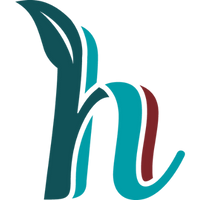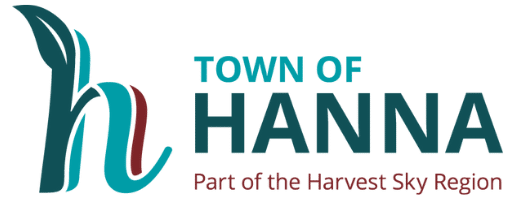
Despite having strong traditions of free expression and free inquiry, Canadians also have a long-standing tradition of censorship. Historically, books and magazines have often been quietly removed from libraries and classrooms.
Freedom to Read Week was founded in 1984 to widen the understanding of the effects of censorship, not just on readers but on writers and publishers as well.
Freedom to Read Week Feb 23 to Mar 1 2025, is an annual event that encourages Canadians to think about and reaffirm their commitment to intellectual freedom. It has become a part of the annual programming of many libraries, schools and literary groups across Canada.
The following are three examples of books or publications that have been challenged and that affect Canadian readers, writers or publishers.
Canadian Poetry: The Modern Era, John Newlove
In 1987, Parents for a Quality Curriculum objected to the use of this anthology—and five other works of contemporary Canadian fiction—in high schools in Victoria County, Ont. The parents objected to “anti-establishment attitudes” in the poems, but the school board voted to keep Canadian Poetry on its reading list.
The Golden Compass by Philip Pullman
In 2007, Ontario’s Halton Catholic District School Board voted to ban Philip Pullman’s
trilogy of fantasy novels—The Golden Compass, The Subtle Knife and The Amber Spyglass— from its schools. The board objected to “atheist” themes in the British author’s books.
Barometer Rising, Hugh MacLennan
At a convention in 1960, members of the Manitoba School Trustees Association voted unanimously to ask Manitoba’s department of education to remove this novel from the high school curriculum. Barometer Rising is a story of family conflict and romance set in Halifax during World War I. “What the trustees objected to is the vulgarity and the language used in it,” said Frank Kennedy, a trustee. Most trustees had not read the novel.
There are many resources and articles of interest that can be found on the Freedom to Read website along with a list of 35 books and publications that have been challenged. They have been deemed, by someone, to be offensive or inappropriate for Canadian public libraries and schools. Some have succeeded and some have failed.

